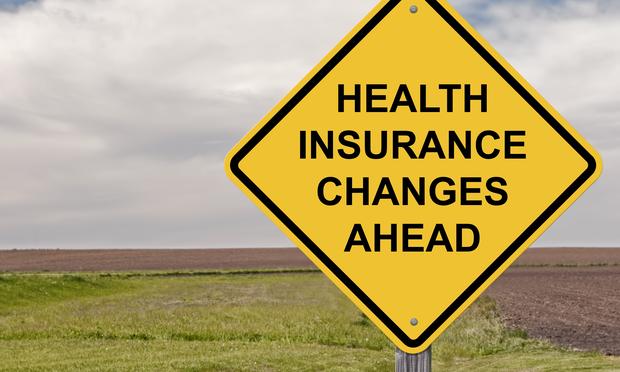Mary Gibson was frustrated. I had run
an article listing a number North Carolinians could call to get in-person help enrolling for health insurance, but what about South Carolina? The
HealthCare.gov link I had listed to look up local options provided little help.
My first try at finding a central contact for South Carolina had failed, but I told her I'd keep looking and call her back. I eventually found one (888-998-4646) by posting a query on the Facebook page of a friend who works for The Columbia State. But the challenge illustrates a key finding of a
recent study by the
Robert Wood Johnson Foundation.
The foundation, a New Jersey-based group that pushes for health care access, set out to determine why North Carolina enrolled a significantly higher percent of its uninsured residents in the Affordable Care Act exchange than South Carolina did, despite similar demographics and politics. (The report also compares Wisconsin, which also had relatively high enrollment, with Ohio, which did not.)
 |
| Get Covered Mecklenburg coalition hosted sign-ups Saturday |
The conclusion: North Carolina tapped longstanding partnerships between health care and consumer groups, worked together to create a strong message promoting enrollment and created a central scheduling system that made it easy for people to get help signing up.
"The scheduling system tracked data on appointments, sometimes enabling organizations to deploy additional Navigator support in areas with high demand," the report says. "...The establishment of a central toll-free number helped brand the Marketplace and create a unified message about where to go to obtain enrollment information."
The system wasn't perfect, it continues, but is serving as a national model for
Enroll America, a nonprofit group described as playing a central role in North Carolina's success.
"In contrast to the collaborative atmosphere in North Carolina, there were notable conflicts in South Carolina," the report says. "To the shock of many community-based organization, the largest Navigator grant went to an out-of-state, for-profit agency" (DECO Recovery Management of Maryland). As
reports at the time indicated, the results were fragmented and confusing.
This year the Charleston-based
Palmetto Project scrambled to put together a
statewide system for scheduling personal assistance after it
got a federal grant in September. I'll be curious to hear what upstate residents experience as enrollment begins.
The report also suggests that
Blue Cross and Blue Shield's dominance of the North Carolina market may have proven an advantage in getting the word out. Last year and again in 2015, Blue Cross is the only company selling ACA marketplace policies statewide (Coventry and UnitedHealthcare are competing in many counties). The report suggests that dominance created an incentive for Blue Cross to market heavily statewide, with such efforts as mobile units and events at retail outlets to reach the uninsured and newly insured.


